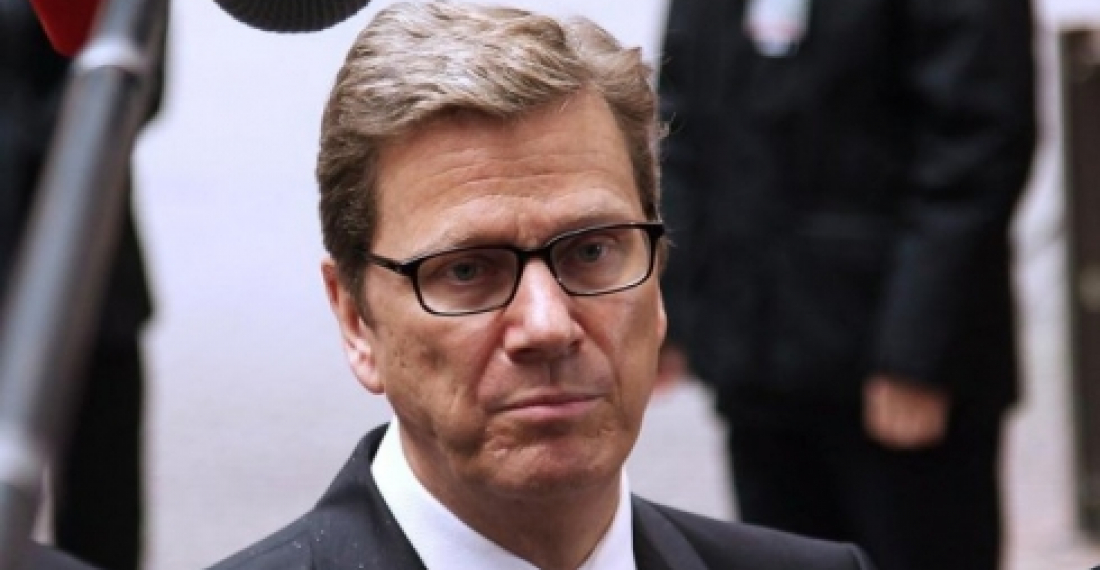Last year Germany was instrumental in initiating a debate in Brussels on stronger EU engagement in the Karabakh conflict, Foreign Minister of Germany Guido Westerwelle told APA when asked how Germany can contribute to the Karabakh peace process.
APA quotes Guido Westerwelle as saying: "The conclusions of the EU Foreign Affairs Council last month and the new mandate of the EU Special Representative for the Southern Caucasus are a good basis for such enhanced engagement. This engagement aims at supporting and complementing the OSCE Minsk Group, for example in the field of confidence-building. It is high time to reach a solution to this conflict that stands in the way of a prosperous and peaceful development of the entire region".
To note, Guido Westerwelle will pay a visit to Armenia on March 16.
Germany seeks to support and complement the OSCE Minsk Group
Germany seeks to support and complement the OSCE Minsk Group







